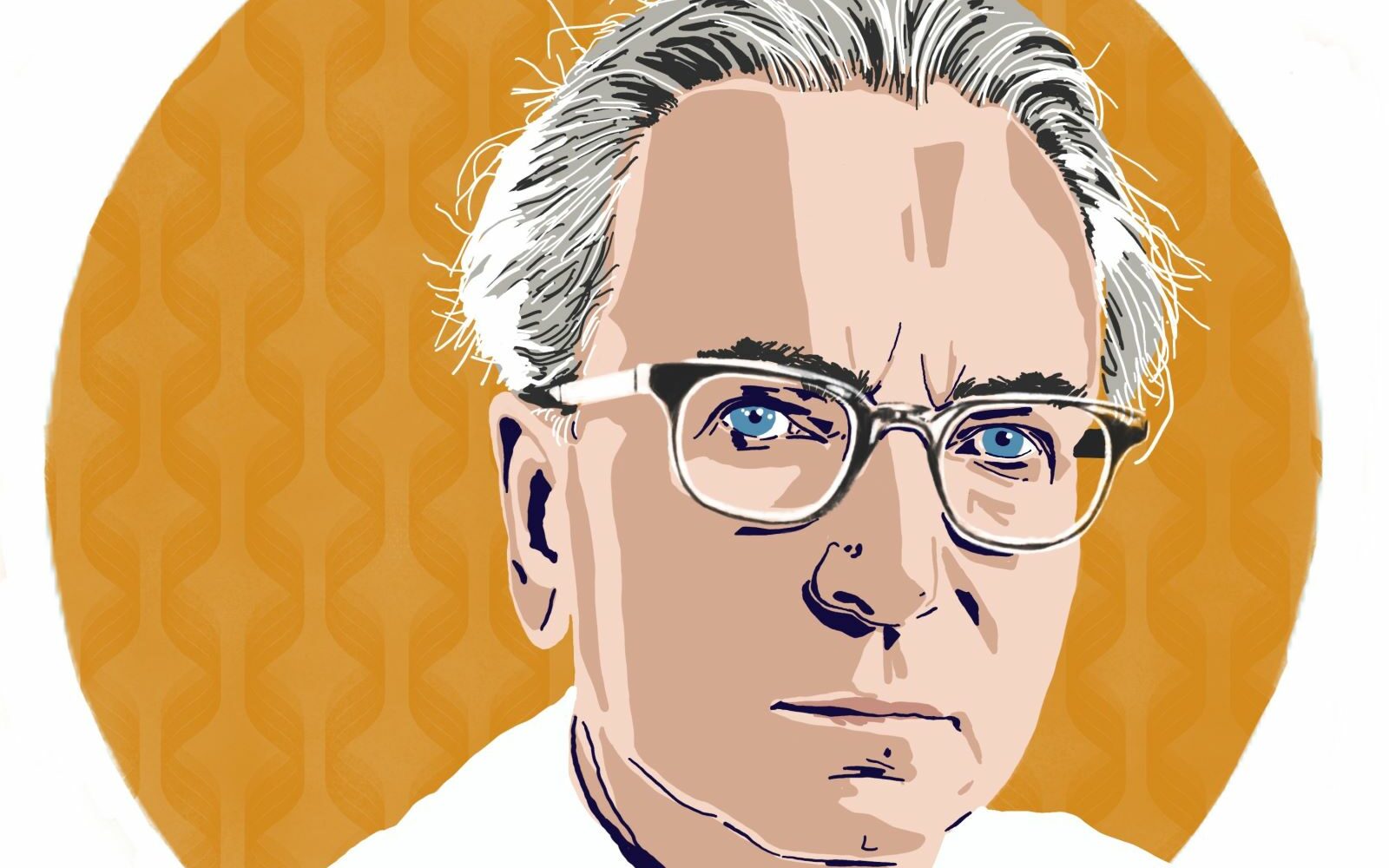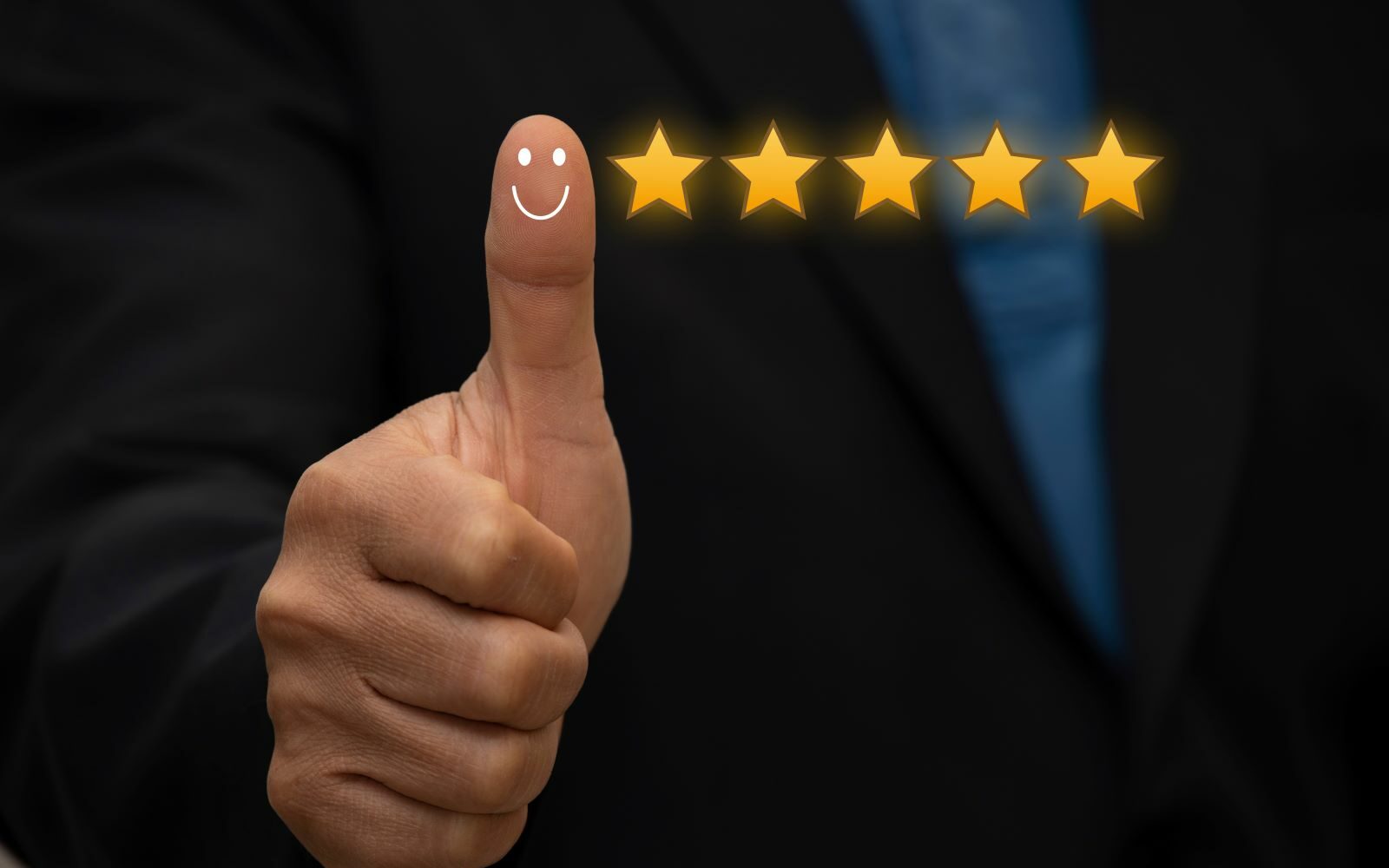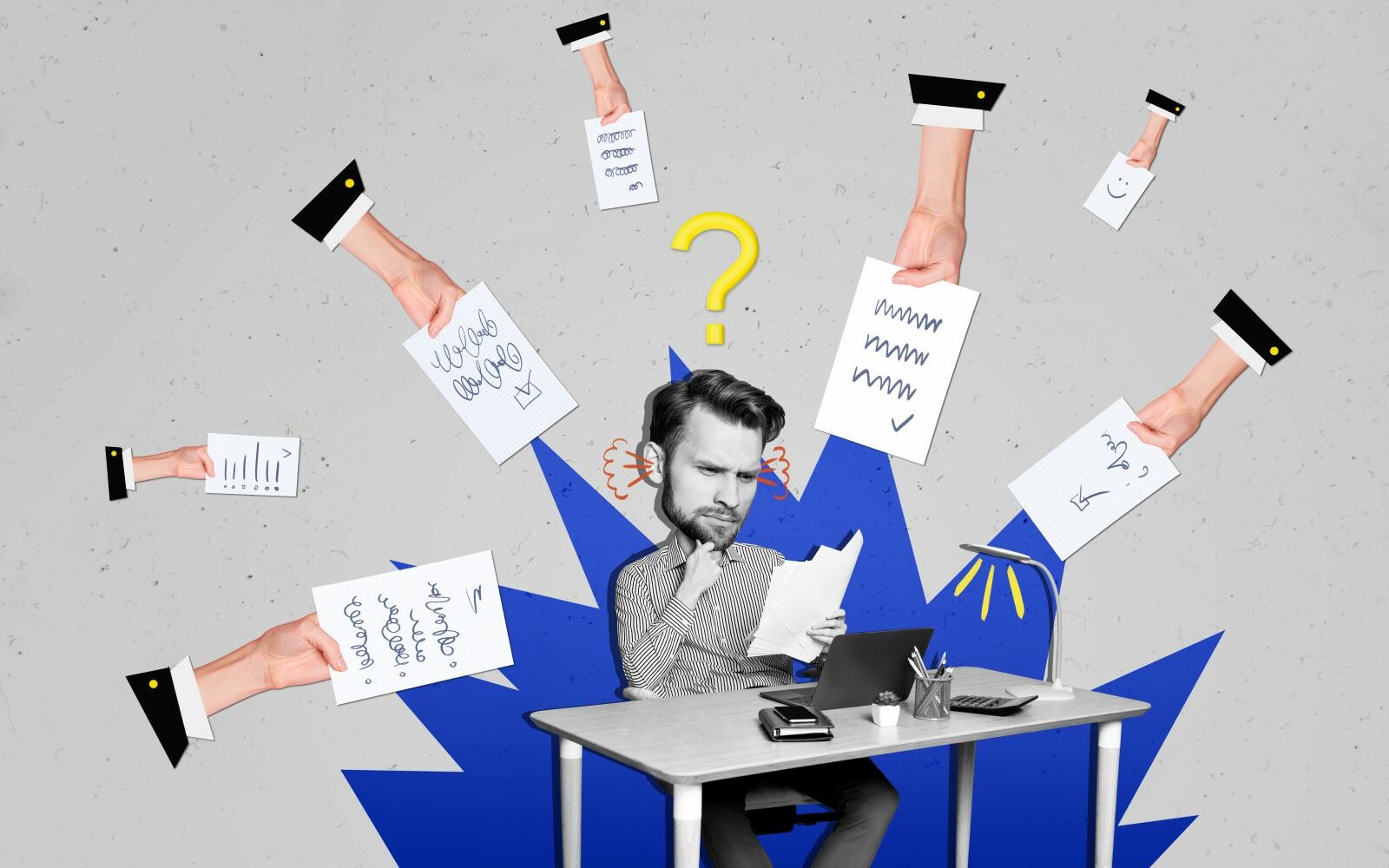Snacks are a Perk for You and Your Employer
There’s long been chatter that the free food perk had a slightly nefarious origin. Tech companies are often credited as being the originators of this perk. The rumor is that projects in these companies demanded very long workdays and companies didn’t want to lose time with employees spending time getting food. Picking up something quickly in a kitchen wonderland allowed for more work time.

There may be some truth to the origin, but it’s irrelevant since the free food is deeply appreciated by employees. From an HBR study we learn 32% of job applicants take this perk into consideration when weighing job benefits.
How Glucose Levels Impact Effortful Thinking Needed for Meetings
There was a study done by Roy Baumeister that’s discussed in Daniel Kahneman’s book, “Thinking Fast and Slow”. The results of this study prove how important food, particularly sugar(s), is necessary for successful critical thinking in a meeting. To summarize a long study, Baumeister found that when engaging in an effortful thought process, which is pretty much any thought that isn’t automatic like 2+2=4, we consume quite a bit of glucose. Whenever someone is actively using their brainpower for a difficult concept, or working through a task that requires extreme self-control, the study found that a person’s glucose level drops.
Baumeister’s group conducted an experiment where he asked people to watch a movie and interpret the body language of a character. While analyzing the character’s behavior, words scrolled very slowly across the movie screen. The participants in this study were instructed to ignore the words and stay focused on the emotions that they were interpreting from analyzing the character’s body language. The effects of this type of cognitive process is called “ego depletion”. It’s simply the idea that after doing one difficult task, like eating a cucumber while there’s tantalizing chocolate within reach, the person will have a depleted ability to successfully execute their next task. Their glucose level literally drops, just like our energy level decreases after a run.
Also Read: A Complete Guide: Planning a Decision Making Meeting
The next part of this study gets even more interesting.
Baumeister divided the group into two control groups. Both groups were given sweetened lemonade to drink after having done an exercise that required effortful thought. The first group had the artificial sweetener Splenda in their drink. The second group had cane sugar in theirs. The group with Splenda as a sweetener was found to have more errors in their next task, which aligned with the declined cognitive thought process of ego depletion. The group with actual glucose in their lemonade returned to their optimal level of thinking.

How interesting is that? If we apply this study to our workday, we just found an instant way to boost meeting productivity for more meaningful meetings. The simple solution is to serve food! By serving food, even if meetings are booked back to back, or if people are context switching from a difficult task, we’ve replenished the depleted glucose levels that are needed for critical thinking. Magic.
The opposite is obviously true as well. If people show up to a meeting hungry, or what’s more commonly known as hangry, they’re less likely to make meaningful contributions. Hungry attendees are likely to passively follow along with the conversation and be unable to fully engage in an effortful thought process.
Removing the Stigma of Eating in a Meeting
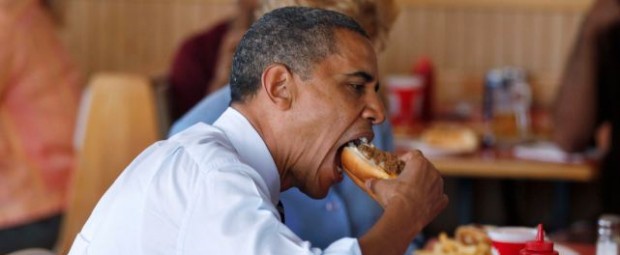
Confident colleagues come into meetings and apologize before eating in a meeting. In the world of video conferencing, people are regularly apologizing and turning off their camera while they eat. Attendees who are less comfortable asserting themselves will just skip eating entirely. To have purposeful meetings we need to de-stigmatize this human need for food and actually celebrate it as something we encourage in a meeting as much as we need people physically attending. When we get back to in person meetings, you can try your own version of the Baumeister study and see if providing food in your meetings boosts the meeting productivity.
Don’t Skip Lunch!
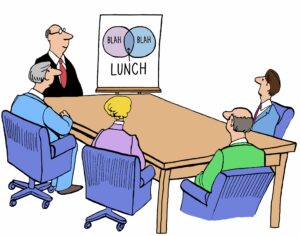
We’re going to take the need for brain fuel one step further. There are people who like to skip lunch and instead take their lunch hour at the end of the day. This allows them to work the same amount of hours as their colleagues, but leave the office an hour earlier. One would think that an accommodating manager would allow for this schedule. What we learn from the studies Kahneman shares is that this isn’t the case, and can actually be enabling someone to sabotage their own success.
Another study shared was done in Israel. It analyzed the results of when during the workday a judge was most likely to grant parole. Of the cases reviewed, only 35% of the defendants were granted parole. Of those 35%, a staggering 65% were immediately after the judges ate lunch. The study doesn’t share how much glucose was in that meal, but it’s safe to say that having a glucose free meal would be a hard thing to accomplish! The number of paroles granted steadily decreased until nearly zero right before it was time for their next meal.
One can infer that employees skipping lunch are less likely to apply critical thinking and are more likely to engage in passive thinking. This will likely impact their long term career growth opportunities.
Food is a gift that gives us the fuel we need to make meaningful decisions. Let’s stay hungry for success and not let being hangry get in the way of that. Bring on the bagels…or the Oreos!


